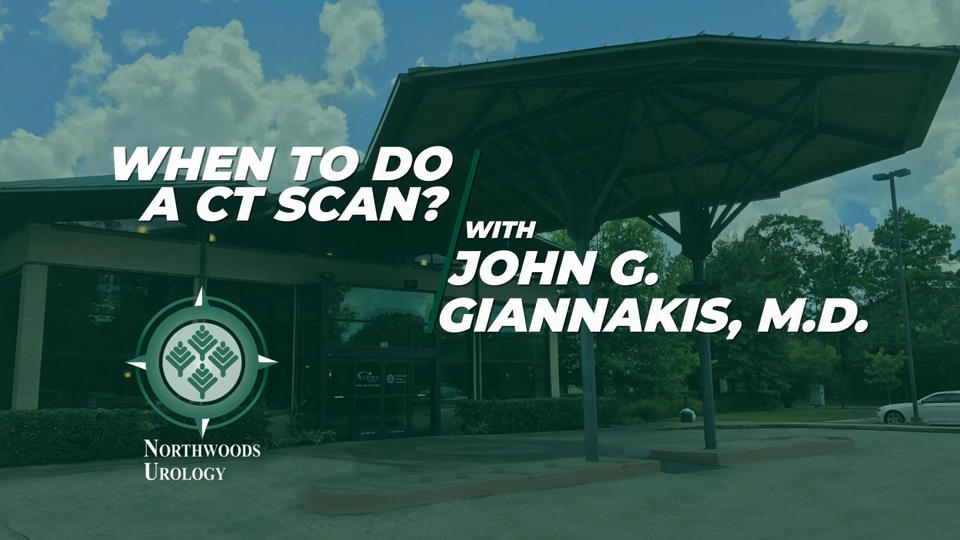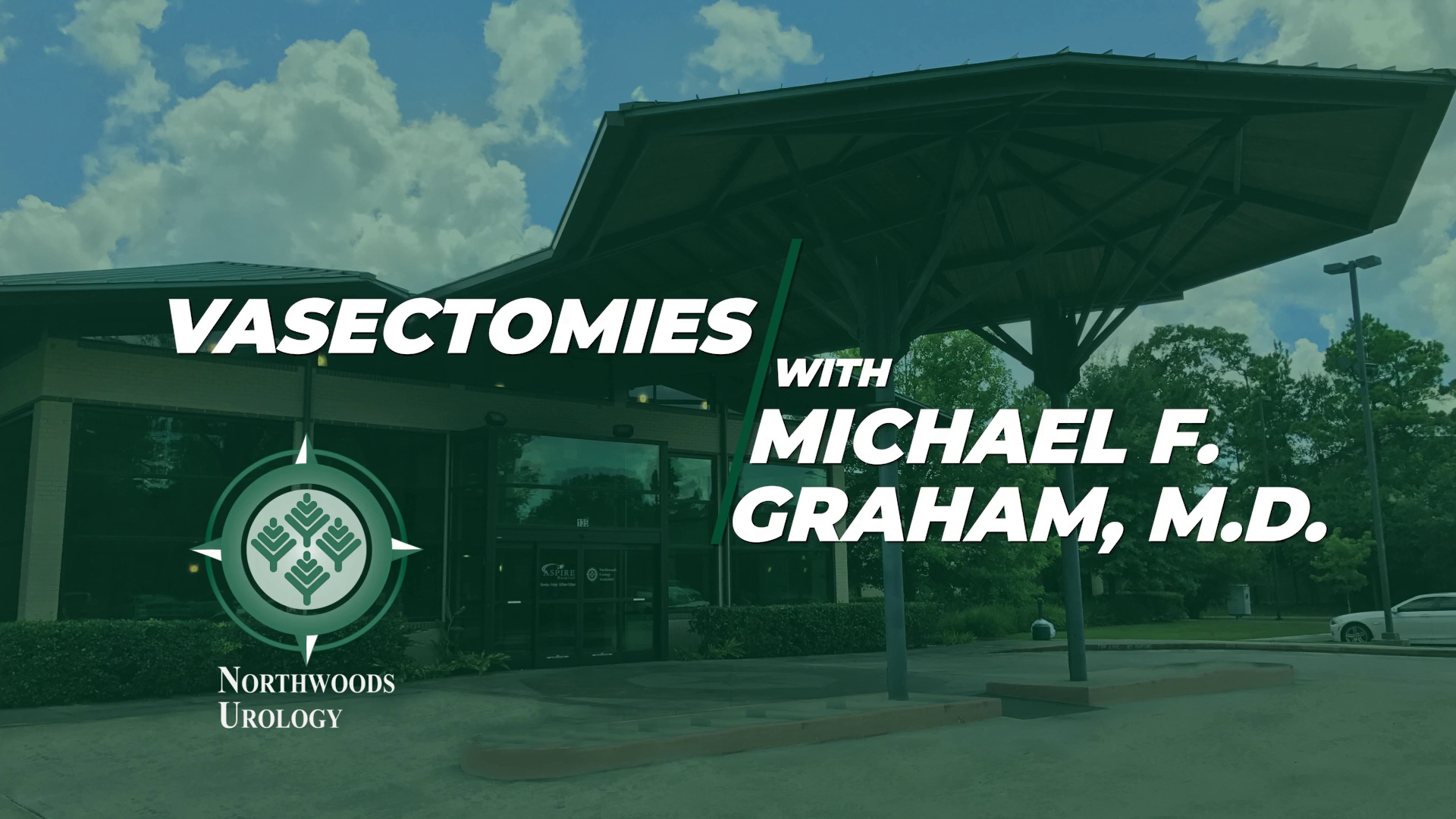Author: Northwoods Urology
Transcript of Video
Hi, I’m Dr. Ron Henry from Northwoods Urology of Texas. Today, we’re gonna talk about a problem that affects many, many men as they get older, BPH, which stands for benign prostatic hyperplasia. It’s really the enlargement of the prostate as men get older. It’s really inevitable, once men pass 50. Although, when it begins to cause symptoms might range from early 50s to the 80s, but almost every man eventually faces the possibility of BPH.
The prostate is an organ that is adjacent to the bladder. It actually surrounds the urethra or the urinary tube. The bladder has to propel urine through the prostate as part of the normal voiding process. So as the prostate enlarges, it begins to restrict the urine pathway, and the bladder has to do harder work. That often leads to having to urinate more frequently, sometimes a slower stream, sometimes having to rush for the bathroom, not feeling empty.
All of those things can occur as a result of enlargement of the prostate. There are many treatment options for enlarged prostate or BPH. Additionally, we may try medication, but ultimately, it may require an actual procedure to remove some of that obstructing prostate tissue. That’s called a TURP. TURP stands for transurethral resection of prostate. Procedure that’s done through a scope. It is a surgical procedure, but it can be done through a scope. It does require anesthetic, but basically involves removing all of the inside part of the prostate. I would think of it as coring out an apple and leaving the peel. And what that does is by relieving the physical obstruction of the prostate to the urethra, the bladder has a much lesser workload. The bladder can work more efficiently. Persons typically have a stronger stream, less often, less time at night, and will notice a big improvement in their urinary flow. Very often, when people come back to the office after having their surgery, they’ll volunteer, I don’t know why I didn’t do this before. This is so much a better urinary pattern. My life is greatly improved because of this.
Patients do have to realize that the surgery is extremely safe, but there are some potential complications that we always educate people about. One of those might be urinary incontinence, and that’s because the urinary sphincter muscle is just below the prostate. However, the chance of any significant injury and developing incontinence is less than 1%. Men are always concerned about their erections or sexual function. The nerves for erections are actually outside the prostate, so working on the inside of the prostate, it’s very unlikely that we would cause any change in their sexual function. The one thing that might change is the fact that the prostate provides most of our semen. And so, if we’ve removed a good portion of the prostate, there might be lesser semen or sometimes even, no semen, which doesn’t impact the feeling of orgasm, but certainly patient should be aware of.
If you’re experiencing symptoms that might be related to enlargement of the prostate, or BPH, make an appointment with Northwoods Urology. We can investigate the problems and offer many solutions that would help relieve your symptoms.




